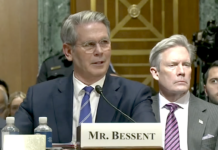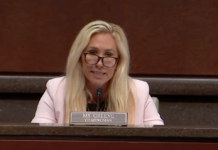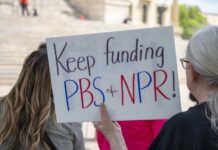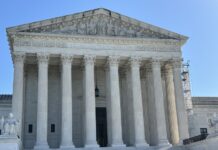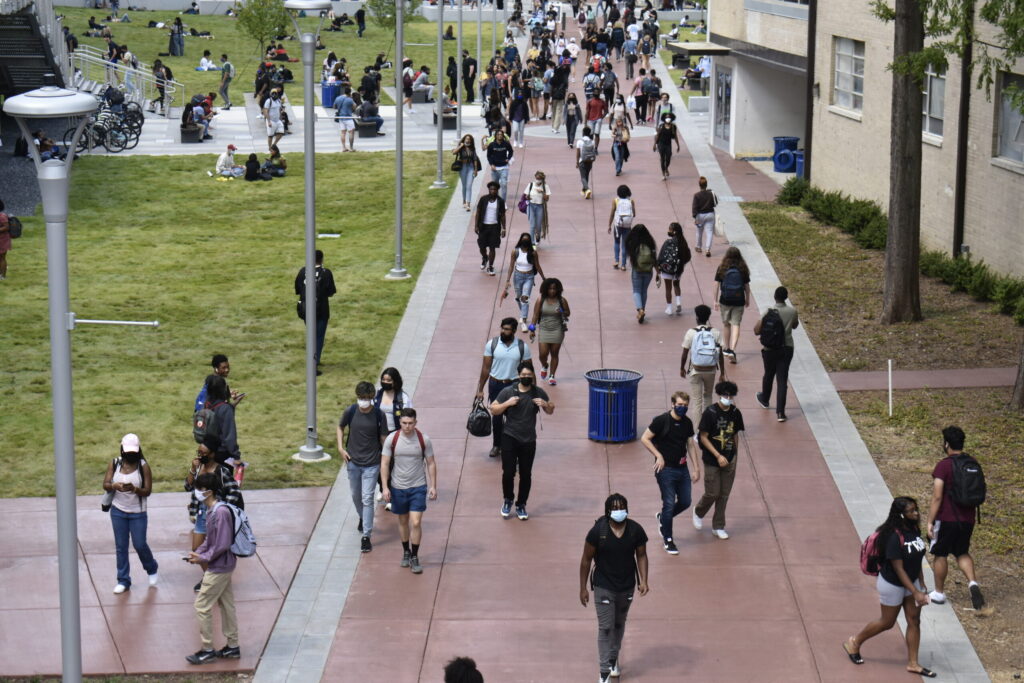
WASHINGTON (GA Recorder) — The U.S. Supreme Court on Friday ruled that the Biden administration does not have the legal authority to enact a one-time student debt relief program, dealing a blow to the 40 million Americans who would have qualified for the program.
Last year, the Biden Administration rolled out a debt forgiveness plan for borrowers with federal student loans that would be a one-time cancellation of up to $10,000.
Those student loan borrowers who had received Pell Grants — federal aid to help low-income students pay for higher education — could qualify for an additional $10,000 in forgiveness, a policy that was meant to provide equitable relief to Black borrowers.
In a 6-3 decision, Chief Justice John Roberts, writing for the conservative majority of the court, deemed that a loan servicer in Missouri, the Higher Education Loan Authority, known as MOHELA, would have its revenue threatened by the debt relief.
Georgia U.S. Senator Raphael Warnock blasted the court’s decision soon after the news spread Friday morning.
“This ruling is devastating news for millions of borrowers,” Warnock said in a statement. “The Supreme Court’s decision to usurp the President’s executive authority to provide meaningful debt relief isn’t just bad for the everyday, hardworking Georgians who are being held back financially by crippling debt, but it’s also terrible for our entire economy and sets a dangerous precedent that binds the hands of the elected executive from taking action that reflects the will of the people.
The case was filed by Republican attorneys general of Nebraska, Missouri, Arkansas, Iowa, Kansas and South Carolina, and they argued the Biden administration overstepped its reach and that MOHELA would be harmed by a loss of profits from federal student loan debt relief.
The court majority agreed. “(T)he Secretary’s plan would cost MOHELA, a nonprofit government corporation created by Missouri to participate in the student loan market, an estimated $44 million a year in fees,” Roberts wrote.
“MOHELA is, by law and function, an instrumentality of Missouri: Labeled an ‘instrumentality’ by the State, it was created by the State, is supervised by the State, and serves a public function. The harm to MOHELA in the performance of its public function is necessarily a direct injury to Missouri itself.”
All three liberal Justices, Sonia Sotomayor, Elena Kagan and Ketanji Brown Jackson, dissented. Kagan, writing for the dissenters, did not agree with the finding the states had standing.
“The plaintiffs here are six States: Arkansas, Iowa, Kansas, Missouri, Nebraska, and South Carolina,” Kagan wrote. “They oppose the Secretary’s loan cancellation plan on varied policy and legal grounds. But as everyone agrees, those objections are just general grievances; they do not show the particularized injury needed to bring suit.”
The justices unanimously decided that a second case challenging the debt relief plan did not have legal standing. That case was brought by two people with student loan debt who would either partially or entirely not qualify for the White House’s debt relief program. That case was backed by the conservative advocacy group the Job Creators Network Foundation.
The Biden administration’s student debt relief plan has not only been challenged in the courts by Republicans but also in Congress. The House and the Senate voted to overturn the policy through the Congressional Review Act, but Biden vetoed the resolution.
More than 16 million borrowers had already been approved for relief, according to the Department of Education, before the agency was blocked from accepting more applicants following a nationwide injunction.
Repayments on federal student loans are set to resume Oct. 1, but interest accrual will begin starting Sept. 1, according to the Department of Education.
More than 43 million Americans have student loan debt, and the Federal Reserve estimates that the total U.S. student loan debt is more than $1.76 trillion.
A law passed in early June to address the nation’s debt ceiling codified that the White House would not be able to extend the pause on repayment for federal student loans unless approved by Congress.
For three years, there has been a pause on federal student loan repayment due to the coronavirus pandemic that was initially put in place by the Trump administration and extended by the Biden administration.
This report will be updated.



